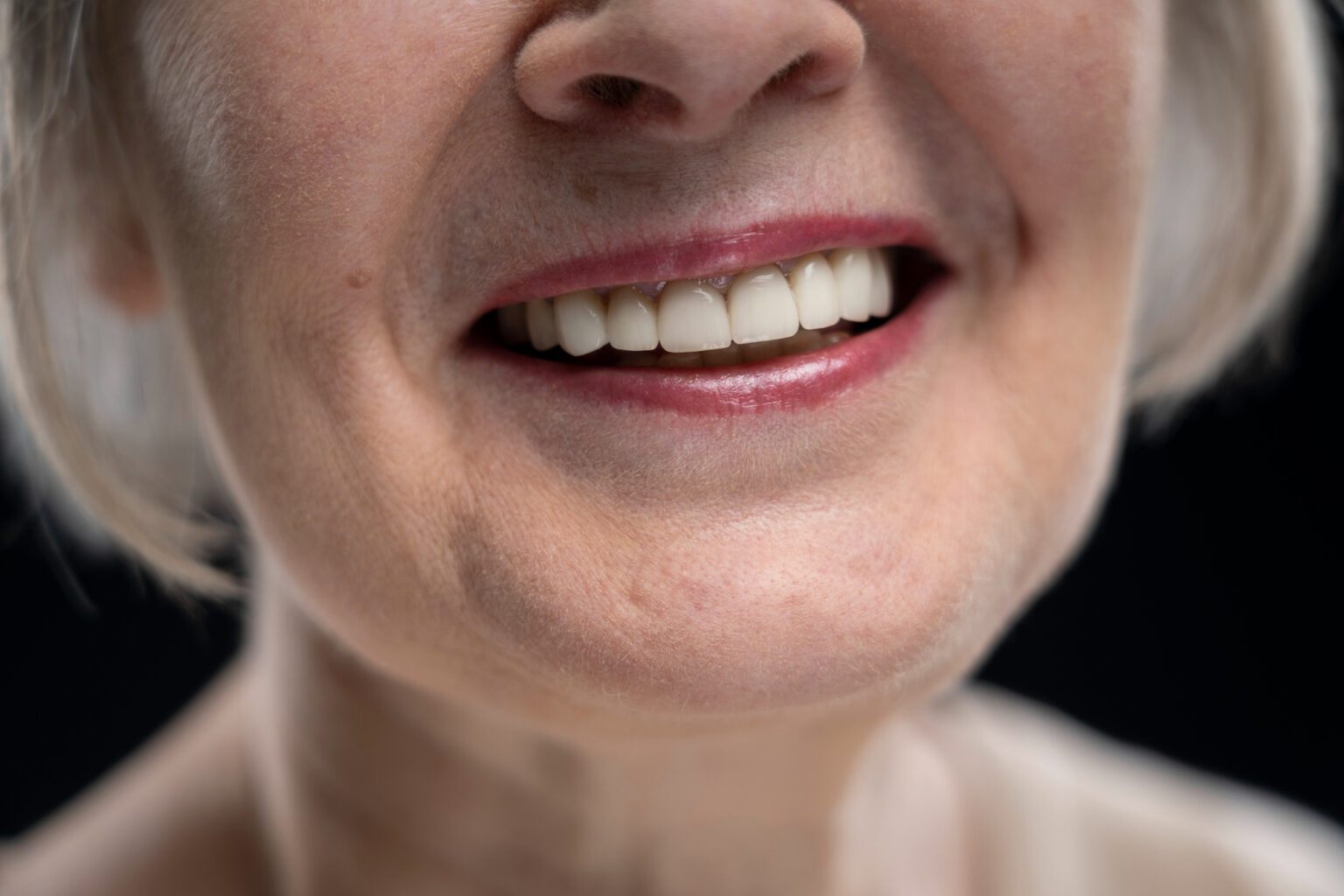Teeth Grinding
Teeth Grinding
Our clinic can provide consultations on reducing Teeth Grinding.
Treating teeth grinding, also known as bruxism, with a specific product to relax muscles has proven to be an effective approach for many patients. This treatment involves using a product to temporarily weaken the muscles responsible for grinding and clenching, providing relief and preventing damage to the teeth and jaw. Teeth grinding treatments offer a promising solution for those suffering from the detrimental effects of bruxism. By reducing muscle activity in the masseter, this treatment effectively minimises grinding and clenching, providing relief from associated symptoms and preventing further dental damage.

- Mechanism of Action:
The injection works by targeting the masseter muscle, which is primarily responsible for chewing and clenching. By reducing the activity of this muscle, the treatment helps to alleviate the excessive force exerted during teeth grinding. This decrease in muscle activity not only prevents further wear and tear on the teeth but also reduces associated symptoms such as jaw pain, headaches, and tension in the neck and shoulders.
- Treatment Process:
The procedure involves placing product into the masseter muscles on both sides of the face. This is done by one of our experienced healthcare professionals. The process is quick, often taking 10-15 minutes.

- Benefits:
Many patients experience a significant reduction in teeth grinding and clenching within a few days to a week after the treatment. The effects can last for several months, usually around three to six months, after which repeat treatments are often necessary to maintain the benefits. By decreasing the intensity of muscle contractions, this treatment not only protects the teeth from damage but also helps alleviate related symptoms like jaw tension and headaches.
- Safety and Side Effects:
The safety profile of this muscle relaxant injection is well-established, with most side effects being mild and temporary. Common side effects include localised pain or bruising at the injection sites. In some cases, patients may experience slight weakness in the masseter muscle, which can affect chewing temporarily. Serious side effects are rare, but it is important to discuss any concerns with a healthcare provider before undergoing treatment.

- Duration of Effect:
The reduction in teeth grinding typically lasts for several months, with some people experiencing relief for 3 to 6 months before needing another treatment. Over time, some patients may find that they require treatments less frequently as muscles decrease in strength overall.
- Patient Suitability:
This treatment is particularly beneficial for individuals who have not found relief from other bruxism treatments, such as night guards or stress management techniques. It is suitable for patients who experience significant discomfort or dental damage due to teeth grinding. A thorough evaluation by one of our healthcare professionals is necessary to determine if this treatment is an appropriate option based on the individual’s specific condition and medical history.
